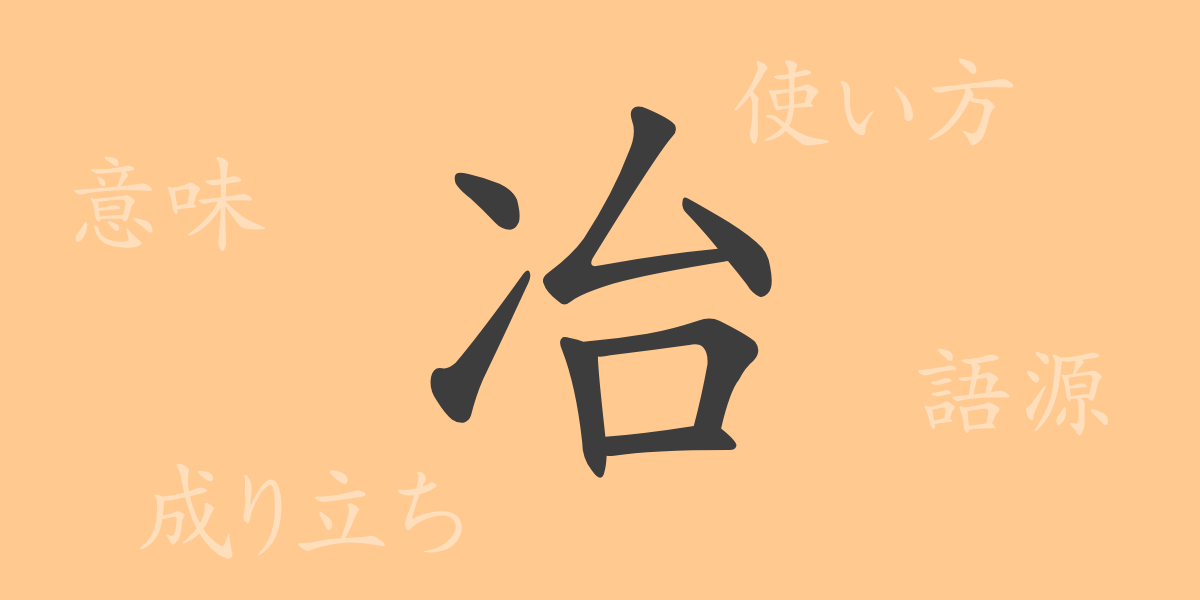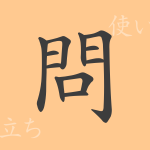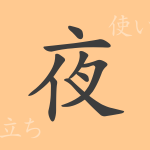Kanji, deeply rooted in Japanese culture, imbues each character with history and meaning. Today, we focus on the 常用漢字 (じょうようかんじ, jōyō kanji) “冶” (や, ya), delving into its origins and modern usage. From “冶金” (やきん, yakin), meaning metallurgy, to “冶す” (いやす, iyasu), meaning to refine the mind, let’s explore the world of this kanji that closely relates to our daily lives.
The Origin of “冶” (語源, Gogen)
The kanji “冶” (や, ya) originated in ancient China, representing the process of melting and casting metals. Over time, it came to signify “to govern” or “to regulate,” meanings that were inherited when the character was introduced to Japan. The skill of mastering metals symbolically represented the power to organize and control matters.
Meaning and Usage of “冶”
Originally, “冶” (や, ya) referred to the process of melting and shaping metals in “冶金” (やきん, yakin). It later evolved to mean “to govern” or “to regulate.” In Japanese, it often signifies internal adjustments or corrections, as seen in expressions like “心を冶す” (こころをいやす, kokoro o iyasu), meaning to calm and discipline the mind.
Reading, Stroke Count, and Radical of “冶”
Let’s take a closer look at the reading and structure of the kanji “冶” (や, ya).
- Reading: It is read as “ヤ” (や, ya) in 音読み (おんよみ, onyomi) and “い.る” (いる, iru) in 訓読み (くんよみ, kunyomi).
- Stroke Count: It has a total of 8 strokes.
- Radical: It belongs to the 金部 (きんぶ, kinbu) radical, which signifies metal.
Idioms, Proverbs, and Expressions Using “冶”
There are various idioms, proverbs, and expressions that include “冶” (や, ya). Here are a few examples:
- 冶金 (やきん, yakin): The technology or industry of smelting and refining metals.
- 冶艶 (やえん, yaen): A word describing sophisticated beauty and allure.
- 心を冶す (こころをいやす, kokoro o iyasu): To calm and discipline the mind.
Summary of “冶”
The kanji “冶” (や, ya) evolved from techniques of metalworking to symbolize organizing and refining matters, including the mind. Though it may not be commonly seen in daily life, words and idioms containing “冶” (や, ya) reveal the profound depth of the Japanese language.

























